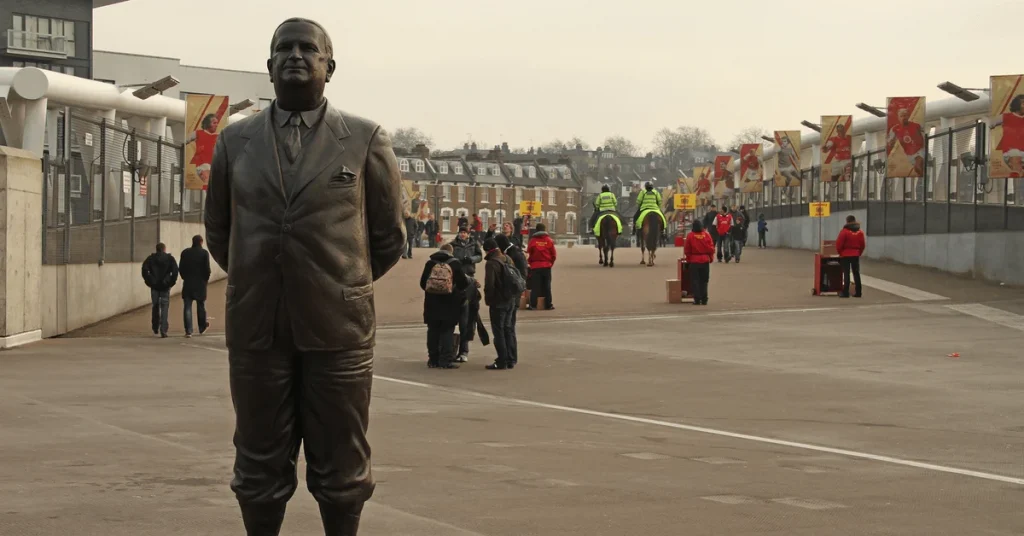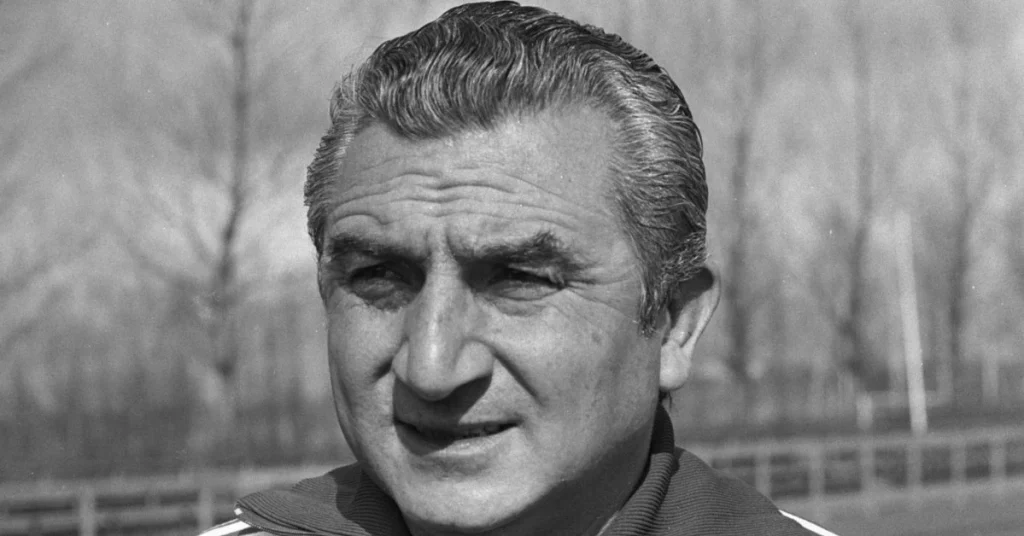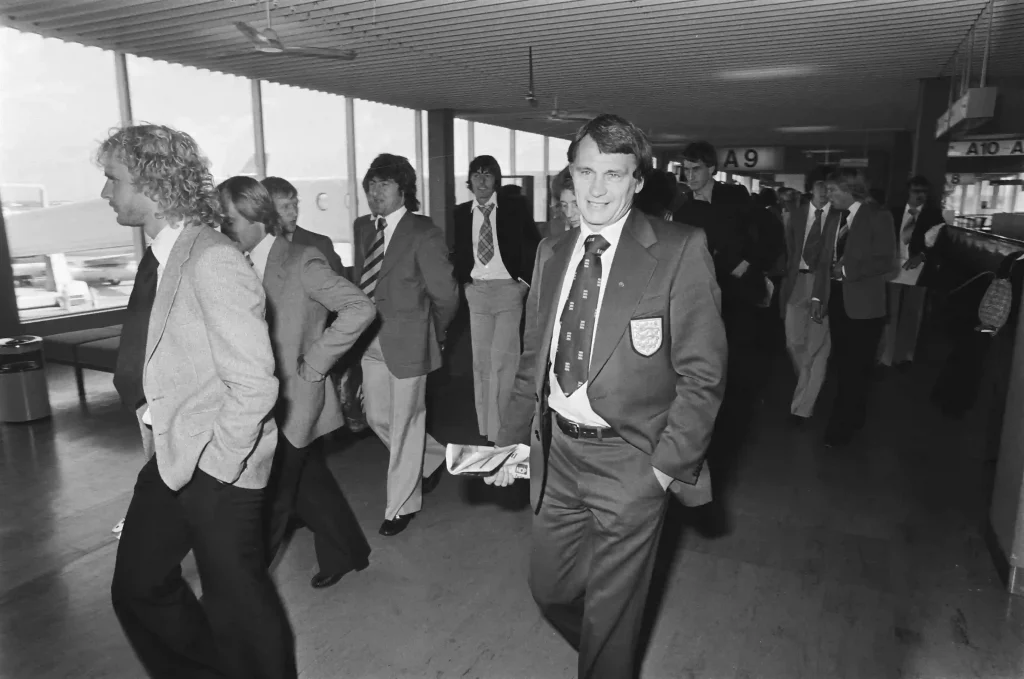Mesut Ozil is a name synonymous with both elegance and vision on a football pitch. His affiliation with the ‘assist’ came to define him as a true generational figure in the European game. Across 427 appearances he provided a stunning 262 assists within an incredible eighteen-year career.
Developing A Love Of Football
Ozil was born in 1988. He was raised in Gelsenkirchen, Germany to Turkish immigrants with his grandfather moving from Turkey to the country. He was brought up in a multicultural family with his Middle Eastern roots proving to shape some elements of his sporting career.
The youngster began to play aged seven for hometown side Gelsenkirchen and with his talent quickly becoming evident featured in Rot-Weiss Essen over the next five years. He would also play for a single season in Schalke’s youth team.
Schalke Senior Side
In 2005, Ozil inevitably broke through into Schalke’s first team and was immediately deployed as a central attacking midfielder which would soon develop into a more familiar playmaking role. He would soon be described as “the next big thing” in German football, however after declining a €1.5 million per year salary offer from Schalke, Ozil fell out of favour with club management and sought a move away.
Werder Bremen Super Kid
Despite interest from Hannover 96 and VfB Stuttgart, Ozil signed for Bundesliga side Werder Bremen on a three-and-a-half-year deal and a fee of around £4 million in January 2008. At the time, many German clubs reportedly considered the player too expensive, a decision they would obviously come to regret.
Ozil quickly evolved into a fantastic playmaker and began to captivate Werder Bremen supporters with his talent. During his time with Werder Bremen, Ozil truly emerged as a rising star with exceptional performances and creative flair gaining him attention. Over the course of four seasons he registered a remarkable 54 assists in only 108 games!
Style Of Play
Ozil had precise passing, exceptional vision and an unbelievable ability to create scoring chances for his teammates. His close ball control and reading of the game was immense paired with both agility and amazing dribbling skills.
He went on to excel in the advanced playmaking role, sometimes functioning as a second striker, yet typically dropping into deeper positions in order to link with the attack. Ozil is an extremely elegant left-footed player with great positional sense and finesse – the German quickly dubbed “assist-king” via the media.
Choosing Germany
Ozil had a choice to make surrounding his international footballing future. He was eligible to represent either Germany or Turkey – eventually deciding to play for the German national side as his country of birth.
In September 2006, he was called up for the Germany under-17 team and in the same year featured for the under-21 side too. Just three years later, Ozil would make his senior debut during a friendly match against Norway in 2009. He scored his first international goal versus South Africa in a friendly match and only his third appearance.
Yet it was during the 2010 World Cup that his elite talent would be recognised on a global scale. During the tournament he provided three assists and scored one goal as Germany reached the semi-final before losing 1-0 to eventual champions Spain.
Ozil won 92 caps for Germany over the course of nine years, scoring 23 goals and providing an incredible 40 assists whilst on international duty.
National Team Controversy
Ozil’s international career ended both unexpectedly and prematurely. In May 2018, he and fellow teammate IIkay Gundogan met with Turkish president Recep Tayyip Erdogan as part of the country’s general election campaign.
The images caused tensions in Germany with accusations that the two players ‘lacked loyalty to the nation’ running rife. Ozil retired from international football as a form of protest and went on to suggest that many in the federation had “racially discriminative backgrounds.”
Following his announcement, Ozil was both supported and criticised by the public along with former players and managers.
Moving To The Bernabeu
Following impressive displays at the World Cup in South Africa, Real Madrid soon came calling with Ozil arriving at the Bernabeu for a transfer fee of around €15 million.
“When the offer came in to join Real Madrid,” Ozil explained upon signing. “There is no decision to make. Let’s be honest – you don’t refuse this club. I was in no rush to leave Werder Bremen, but this is one club you say yes to.”
It wouldn’t be long before he began to prove his worth for Los Blancos. Ozil topped the list of most assists in La Liga for three consecutive seasons playing in the number 10 role and recorded a total of 81 assists overall during his time in the Spanish Capital.
He won three major honours whilst playing for Madrid, the 2011 Copa del Rey along with a 2011/12 La Liga title and Supercopa de Espana double.
Arsenal
In 2013, Ozil switched to the Premier League and signed for Arsenal. Whilst the fee was officially undisclosed, an eventual sum of around £42.5 million was reported across a five-year deal. At the time, the transfer made him the most expensive German football player of all time.
His arrival in London brought great excitement for Gunners fans and an elite mindset that had been wavering for some time. Ozil won a quartet of FA Cup trophies from 2013 to 2020 yet missed out on both domestic league and European success.
He played a total of 254 times for Arsenal and scored 44 goals during his eight seasons in England. The German international’s chance creation was once again mesmerising as he provided 79 assists in all competitions.
Fenerbahce
In January 2021, Ozil departed the Premier League and instead headed for Turkish side Fenerbahçe. With the Gunners terminating his contract six months early, Ozil joined as a free agent, reportedly waving part of the £7 million Arsenal owed him to make the deal happen.
He signed a fairly lucrative three-and-a-half-year contract with the Turkish club worth around £4.5 million a season whilst also receiving £2.6 million in signing-on bonuses. Ozil would honour only 18 months of his contract, playing just 37 games for Fenerbahçe and scoring nine times.
Retirement
By the summer of 2022, Ozil had decided to leave Fenerbahçe and switched to fellow Turkish team İstanbul Başakşehir, where he put pen to paper on a one-year contract with an option for an additional twelve months.
However, Ozil suffered recurring injuries across the season, managing only seven appearances during his time with the club, eventually announcing his retirement from professional football in March 2023.
Legacy
Being of German-Turkish heritage, Ozil helped to partly pave the way for much needed conversations about diverse backgrounds in the world of football. In turn he highlighted the true importance of equality within sports settings including the idea of racism as a barrier to succeed.
Ozil should be remembered for impact on chance creation. His assist making capabilities are nothing short of legendary and should inspire a new generation of attacking midfielders looking to hon skills in playmaking. He joins the prestigious ranks of Cesc Fabregas, Ryan Giggs and Kevin De Bruyne as some of the finest providers in Premier League history – turning the notion of an assist into an art form.
The “assist king” is one of the greatest players of his type and went on to record the eighth most assists in football history!
His footballing journey is one of elegance, creativity and resilience.







